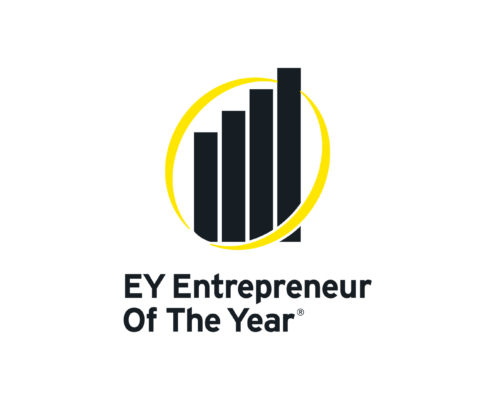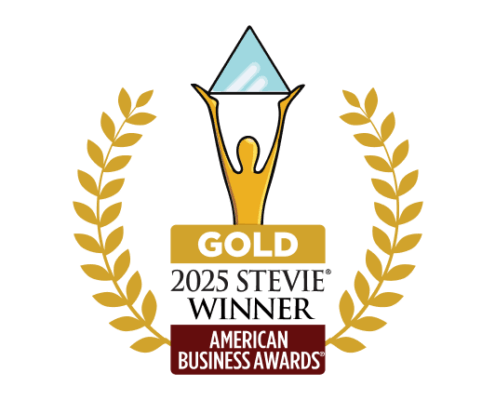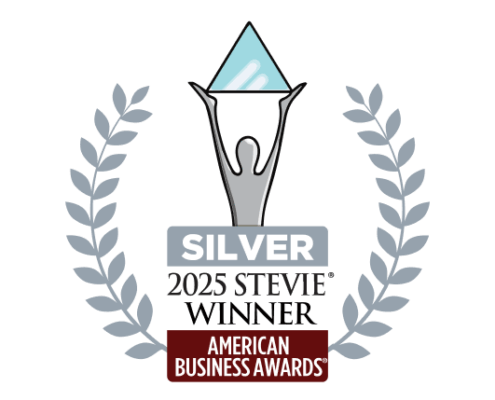The Journey of Jake Brander and his team in Solving the Global IPv4 Address Shortage
The exhaustion of IPv4 addresses has become a pressing concern. As demand for internet-connected devices surges the once-plentiful pool of IPv4 addresses has dwindled, thereby prompting the need for innovative solutions to bridge this gap. Enter Brander Group, a pioneering brokerage firm spearheaded by CEO Jake Brander, who not only recognized the urgency of the situation but immediately took action and seized the opportunity to address the problem head-on.
Back in 2016, Jake Brander, with his background in IT sales, presciently forecasted the lack of a reliable system and process to effectively overcome the impending shortage of IPv4 addresses. Armed with an entrepreneurial spirit, he embarked on a mission to develop a proprietary system to identify dormant IPv4 addresses and offer to clients in need—a solution that would prove to be invaluable in the years to come. With the launch of Brander Group, based in Scottsdale, Arizona, Jake Brander set out to revolutionize the way unused IPv4 addresses were brought to market.
Since its inception, Brander Group has emerged as a beacon of innovation in the highly niche market of IP address brokerages. Leveraging their proprietary system, Brander Group facilitates the sale and transfer of millions of IPv4 addresses to some of the largest companies in the world. From telecommunications giants to educational institutions, Brander Group reliably caters to a diverse clientele, helping them navigate the complexities of the IPv4 market with ease and efficiency.
In just a few short years, Brander Group has become synonymous with excellence in the field, earning a reputation for their unparalleled expertise and commitment to customer satisfaction. With a track record of success spanning close to a billion dollars in IPv4 address sales since 2016, Brander Group has solidified its position as a market leader and trusted partner in the digital landscape.
Moreover, beyond the numbers lies a deeper significance. By facilitating the sale of IPv4 addresses, Brander Group is not only addressing the immediate needs of their clients for IPv4 addresses, but also contributing to the greater good of the digital community. Whether through the enablement of broadband network expansion into rural communities that desperately need access to high quality internet access or via the funding of scholarships through the sale of unused IP addresses by educational institutions, Brander Group’s impact extends far beyond the realm of simply helping business generate much needed revenue.
As we stand on the brink of a new era with the advent of 5G technology, the role of IPv4 addresses remains as crucial as ever. With their finger on the pulse of the industry, Brander Group is poised to continue shaping the future of connectivity, one IPv4 address at a time. In a world where the digital divide looms large, Brander Group stands as a beacon of hope, bridging the gap and paving the way for a more connected tomorrow.


 2025
2025

